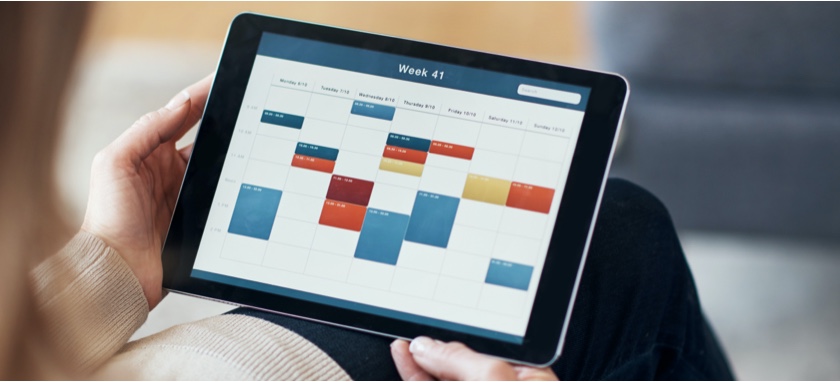Please be advised:
All Ultrasound exams are done by appointment only. Unfortunately we are unable to see you on walk-in basis. Please call 916-734-0655 to schedule your appointment, or visit Ultrasound Scheduling Page
Scheduling your Appointment
An ultrasound exam is not a terribly uncomfortable exam. However, in order to provide a high quality diagnostic exam technologist might use moderate amount of pressure through some parts of the test. Technologist will explain what they will be doing during each specific exam. The information being gathered is potentially critical to providing accurate exam results, so we always encourage patients to work with us as much as possible while we go through the study.
We will make sure you are as comfortable as possible.
Is there radiation involved with Ultrasound exams?
No. Ultrasound exam is done with the use of various forms of ultrasound. With ultrasound, a probe is placed on the skin surface and sound waves are sent in to the body. Those sound waves bounce off everything under the skin (tissue, bone, muscle, blood vessels, etc..). The sound waves that return to the ultrasound probe are used by the ultrasound machine to create an image of what is below the surface. Ultrasound is a very safe technology.
Does a Ultrasound exam hurt?
In general, no, an ultrasound exam is not a terribly uncomfortable exam. However, in order to provide a high quality diagnostic exam, and gather the best possible information to help confirm whether there is a problem with the circulation, exams may require the technologist to use a moderate amount of pressure through some parts of the test. The technologist is responsible for explaining what they will be doing during each specific exam, express whether any discomfort might be expected during the exam, and to be attentive to every patients needs if the individual is unable to tolerate any part of the study. The information being gathered is potentially critical to providing accurate exam results, so we always encourage patients to work with us as much as possible while we go through the study.
Will a qualified person be doing my Ultrasound exam?
Yes. Ultrasound testing is very complex, and the accuracy of Ultrasound testing is highly dependent on the education and experience of the individual (technologist) performing the exam. At UC Davis we require that all technologists obtain, and annually maintain, the Registered ultrasound credential through the American Registry for Diagnostic Medical Sonography (ARDMS).
Do I get my Ultrasound exam results right away?
A technologist will perform the exam, which then goes to a designated ultrasound physician for review and interpretation. The technologist may often be able to answer some questions individuals might have about the exam, but the formal results will not be provided by the performing technologist. A final report will typically be in a patients chart in less than 24 hours. For individuals who utilize the MyUCDavisHealthsite, Radiology results should be present 4-5 days after exam completion and interpretation.
Do I get to keep the pictures that are taken during my Ultrasound exam?
The ultrasound technologist is not able to provide patients with a copy of the exam directly from the ultrasound machine. However, both the Radiology Film Library and the Medical Records department have the ability to put the exam files on a DVD at the patients request.
Can I eat or drink before my Ultrasound exam?
Please contact Radiology scheduling at (916) 734-0655 for specific instructions based on the type of exam that has been ordered. As a general rule, Ultrasound section requests that all patients having an exam that involves scanning the abdomen, be fasting for at least 4-6 hours prior to the exam. This helps minimize the amount of abdominal bowel gas, and often significantly improves the ultrasound image quality. Patient safety is first priority though, and the vascular lab does not want patients to refrain from taking prescribed medications. Food and/or water should be consumed in accordance with medication guidelines. For any exam being performed elsewhere on the body (neck, arms, legs), there are no dietary restrictions prior to testing.

